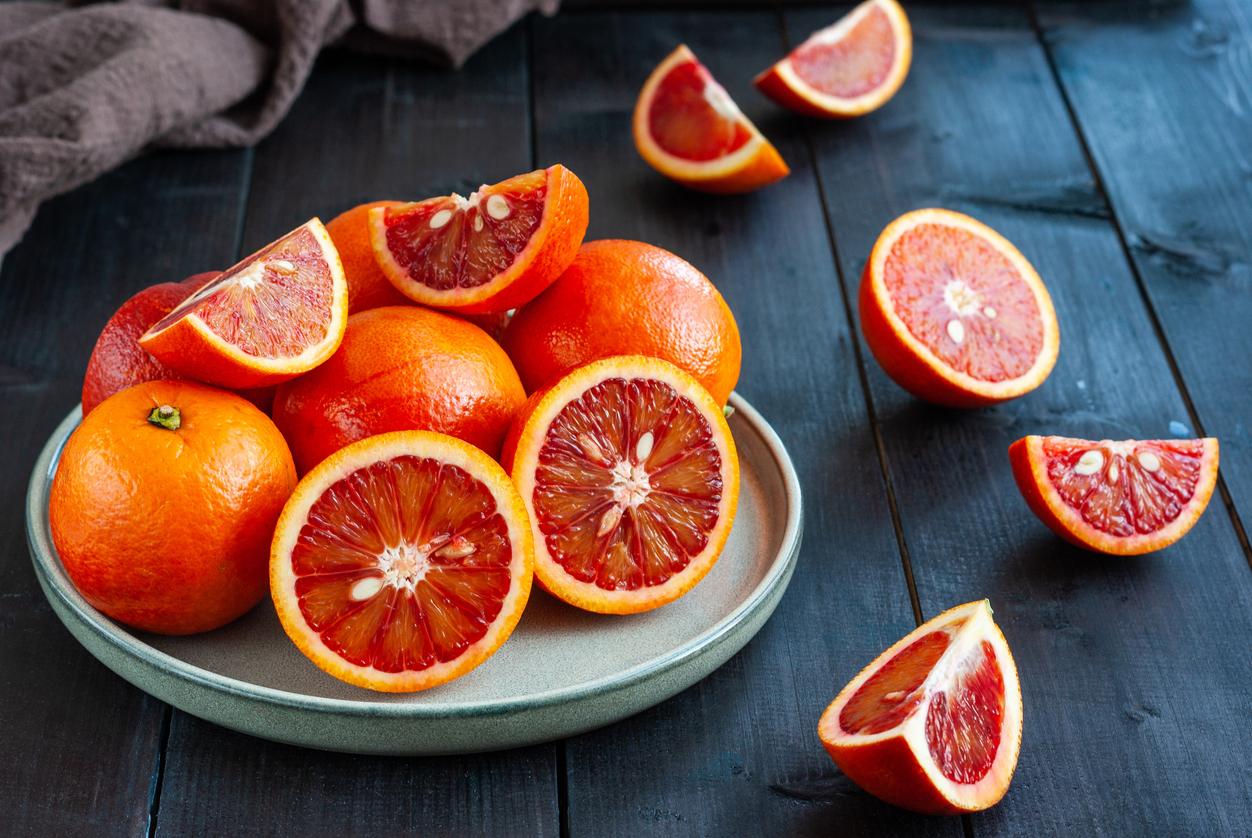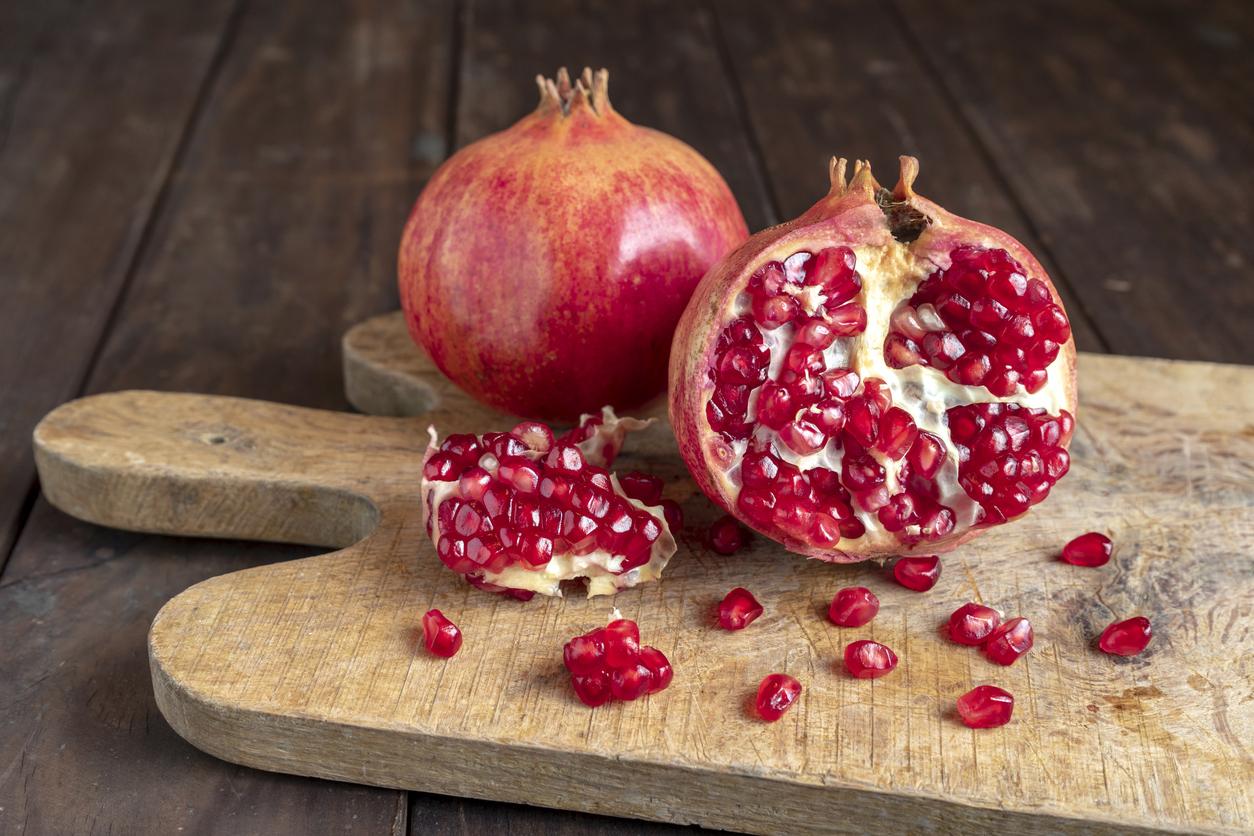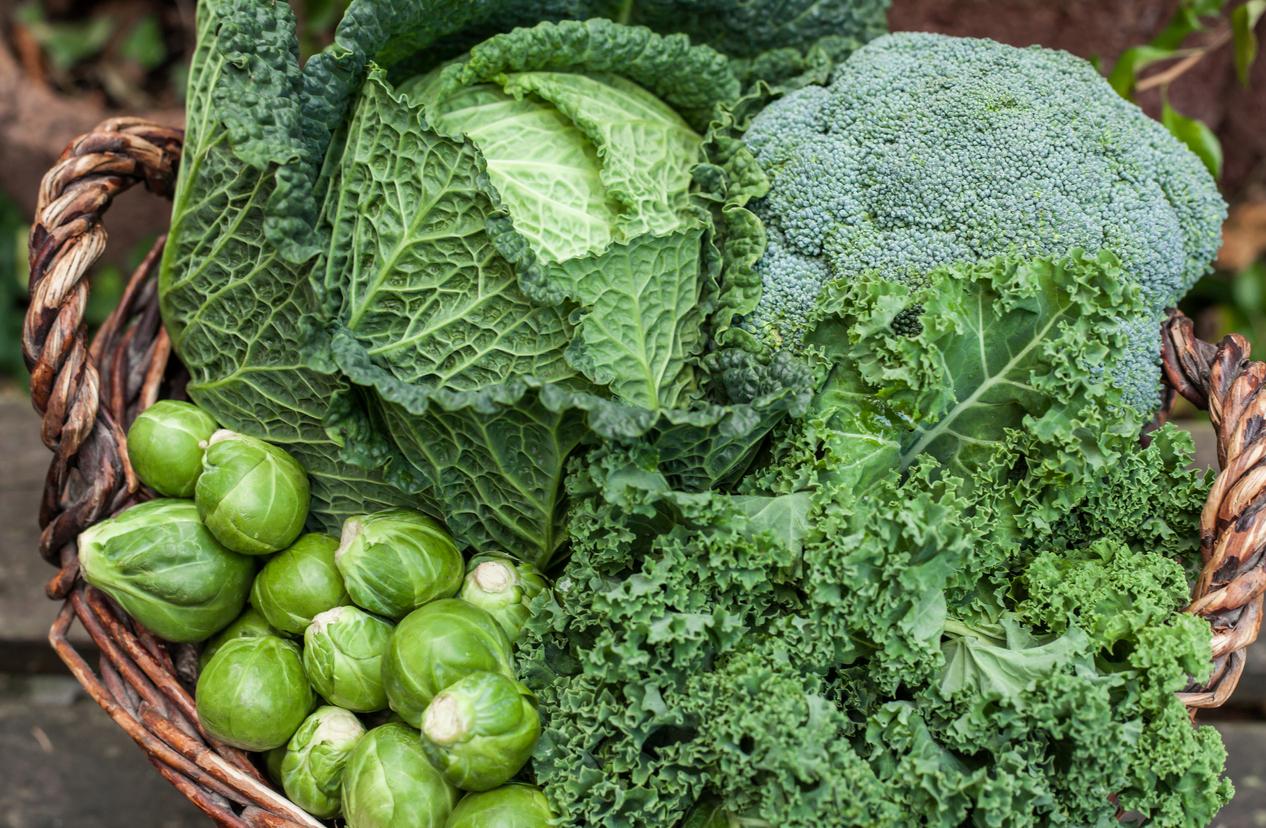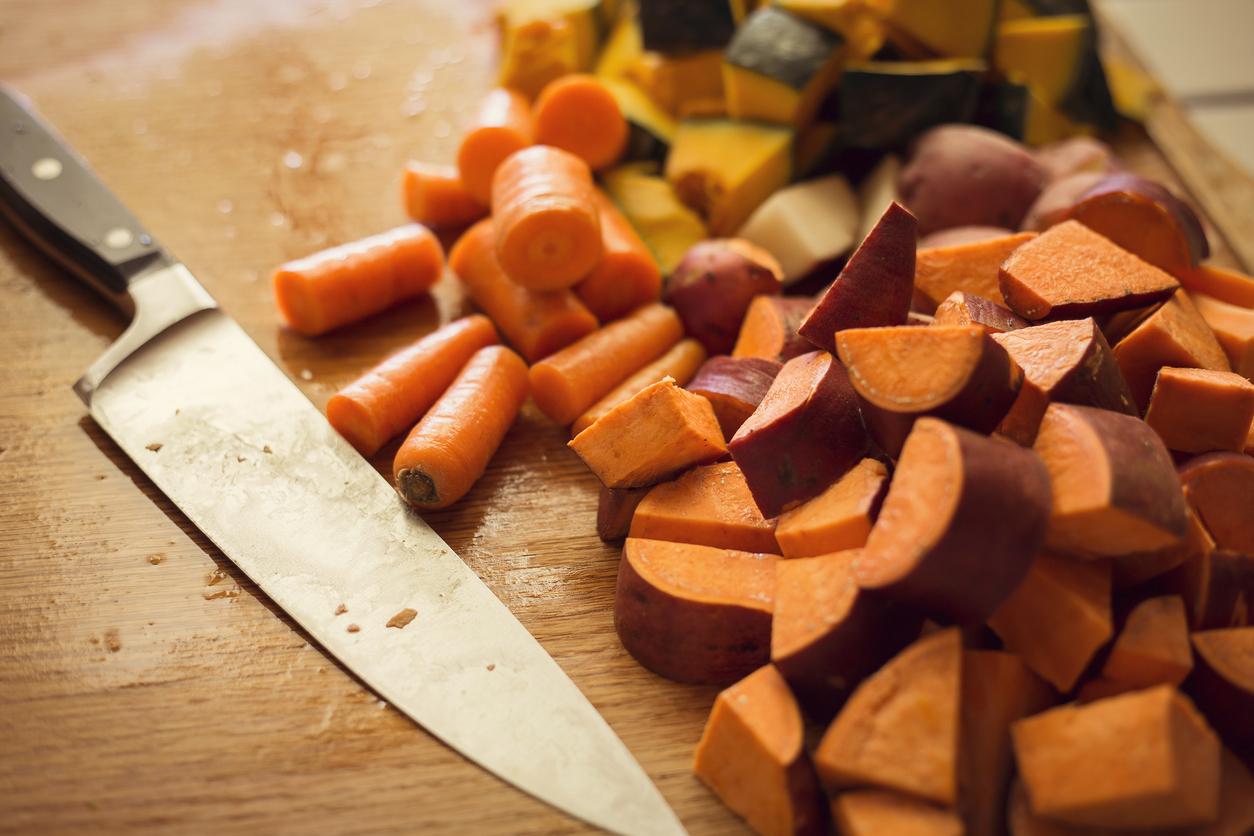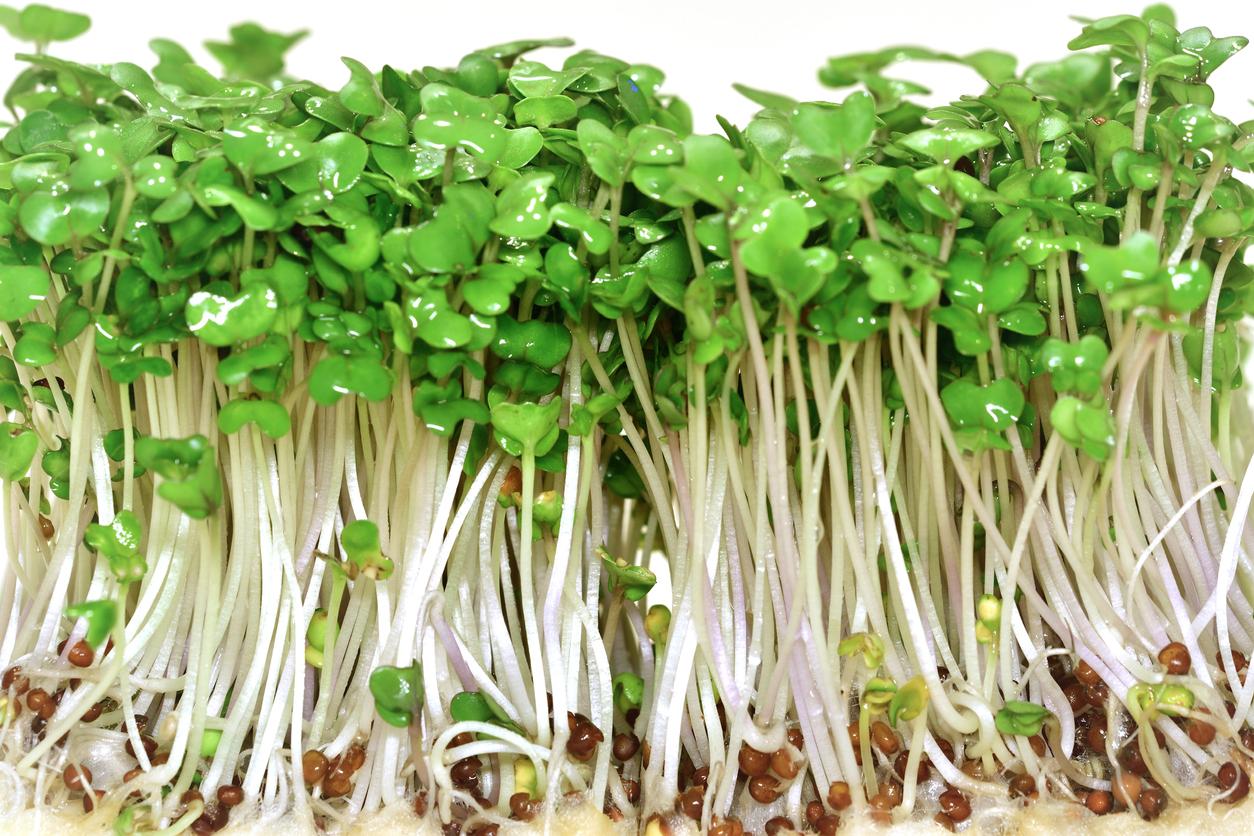
|
From October 9 to 13, 2007, nearly 300 experts gathered in Houston, Texas to participate in the International Symposium on the health effects of fruits and vegetables, FAV Health 2007. PasseportSanté.net informs you of the latest research that could influence the content of your plate. |
HOUSTON (PasseportSanté.net) October 15, 2007 – Pesto, this aromatic sauce made from basil and oil, would be a tasty way to trap free radicals. These nasty molecules are involved in the onset of cardiovascular diseases, certain cancers and diseases linked to aging.
Scientifically, the antioxidants in pesto can largely neutralize a free radical, called DPPH, used in laboratory experiments.
To reach this conclusion, the Brazilian researcher Elizabeth Torres used a recipe chosen during various taste tests carried out with volunteers. The most popular recipe was this:
– 3 g of garlic
– 47 g of basil
– 24 g of extra virgin olive oil
– 14 g of Brazil nuts1
– 10 g of parmesan cheese
– 2 g of salt
From this “functional pesto”, the professor of nutrition at the University of Sao Paulo isolated the antioxidant effect of three specific ingredients: basil, olive oil and Brazil nut.
According to Elizabeth Torres, it is mainly basil that has been found to be responsible for the overall antioxidant activity of pesto, neutralizing free radicals by up to 88%.
According to her, these results are similar to those that can be obtained with other herbs, such as sage and oregano. “Also, incorporating such herbs into recipes helps reduce the amount of salt, which is better for preventing hypertension,” she said.
However, the researcher did not assess the potential synergistic effect of the ingredients between them, particularly with garlic, which shows significant antioxidant activity.
“Our recipe can be considered a good source of antioxidants, which can be part of a healthy diet. Let’s not forget that pesto is probably the first sauce used by man, at least since ancient Greece, ”concludes Elizabeth Torres.
|
For more news about the 2007 FAV Health Symposium, see the index of our Dossier. |
Martin LaSalle – PasseportSanté.net
1. In Brazil, pine nuts are very expensive, hence the choice of Brazil nuts.












